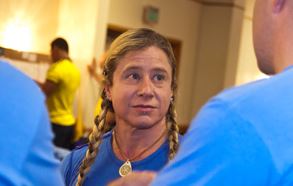
Up to now I gave you a series of examples of how to program specific people in specific situations. I also described how to coach a bunch of people together in a teaching environment. These are all positive situations where everyone wins: the coached person is as benefitted as the coach.
There are negative coaching situations. The most classic one is the “yes but” person.
We’ve all been there. Here’s a generic example. In honor of Dr. Berne, who pioneered the study of human mind games, we’ll call the client/athlete “White” and the potential coach “Black”.
Black: What can I do for you, Mrs/Mr. White?
White: I need to lose weight and control my diabetes.
Black: We can work with these goals. I will design an exercise program for you focused on improving your general conditioning and strength. I’m assuming you have a physician following your health indicators and someone giving you diet advice.
White: Yes, I have a physician but he doesn’t give me any advice.
Black: Did you ask him to? Maybe he could refer you to a dietitian.
White: Yes, but he doesn’t know any.
Black: Well, I could refer you to a few colleagues.
White: Yes, but I don’t have money to hire them.
Black: No problem: there are plenty of resources and books that I can suggest. Now about the strength and conditioning program…
White: Yes, but I read all these diets and they don’t work.
Black: Okay (that’s White’s first win), so let’s focus on the strength and conditioning program.
White: Okay, but you should know that I tried other gyms before and they never worked.
Black: That doesn’t matter. I promise I will do my best to design a program that works for you. Is that okay?
White: Yes, but I hate to lift anything heavy and those machines and heavy things.
Black: That’s fine. We’re just beginning. We can tailor your program to bodyweight exercises at first.
White: Yes, but I tried those. I have several books about them. They don’t work. And I hate pushups.
Black: How about kettlebells? Have you heard about them? They are really fun.
White: Yes, but they are not fun for me. I had to go to the hospital when I used one.
Black: Maybe because you used them the wrong way.
White: Yes, but I went to a course that taught them, there’s something wrong with my wrists.
Black: Okay, there are always options, there are sleds, prowlers, medicine balls…
White: Yes, but I tried all of them, I hate them and they caused me serious injuries.
Black: Mrs/Mr. White, I’m afraid I can’t help you. I can give you a few names of other trainers and maybe you can work something out with them. I’m sorry, I can’t.
White: You see, I told you: it never works.
That’s a game called “Why don’t you – Yes, but” (YDYB), described for the first time in 1964 in the fascinating and hilarious book by Dr. Eric Berne, “Games People Play” (I linked you to a downloadable pdf copy of the book).
Berne defines:
A GAME is an ongoing series of complementary ulterior transactions progressing to a well-defined, predictable outcome. (...) Games are clearly differentiated from procedures, rituals, and pastimes by two chief characteristics:
(I) their ulterior quality and
(2) the payoff.
Games are perversions, twisted alternatives to actual healthy interactions. In one way or another, we all engage in some game. There are games, however, that are too twisted to handle. There’s a saying in my home country, Brazil, according to which something can be “too much sand for my little truck”. It means you’re not equipped to handle that something.
The YDYB game is won by White, always. The sad thing is that White wins by losing. White must prove he or she can’t do or obtain something. Whatever alternative offered by Black is going to be confronted by another impossibility. Berne inserts a third character in the game, Green, who provides a sweeping generalization about why White is always right and a victim of a fixed situation. Maybe Green would intervene here and say something about how doctors are crooks, why gyms are horrible places and why diets never work and “he read it on the internet”. It doesn’t matter.
It is a frustrating game that every coach I know has had to handle at least a couple of times.
The first time it happened to me, White wasn’t even a client or athlete. She was my daughter’s friend’s mother. I hadn’t read Berne yet (I don’t remember, but I might have read right after this episode that lasted years). She pestered me on a weekly basis, then on a daily basis until she had lost her job, had gained about 40lbs, had started smoking and drinking again and her kidney and vascular disease had evolved dangerously. At this point I had, against my principles, designed not only a training program for her to do at home (since gyms were horrible) but also a diet (I never, ever prescribe diets because I respect the law: it’s illegal for anyone who is not a registered dietitian to prescribe diets) because she wouldn’t see any of my recommended dietitians. When she started to contact me several times every day, I told her to please stop and gave up. That didn’t go well and she became obsessive. I blocked all her emails, she created new ones and the madness went on for about a decade. One day she managed to get an email to me saying she was dying, that the doctors had given her only a week and that I “owed” her a word. That was in 2008. She’s still pretty much alive.
Another scary case was a client I never saw. She hired me for the shortest possible plan I offered: two months. Well, she “yes-butted” the program for two months (meaning: I designed and re-designed her program for two months) and when she was demanding a full explanation about how I was balancing stimuli for the posterior and anterior chains, a friend of mine read the emails and said: “cut her loose. She didn’t pay you, right? Just tell her not to contact you anymore”.
My advice: identify it early and cut the conversation short. You can’t coach them.
(for evidence-based, in-depth articles on strength training, click on the "articles" link on my author page)









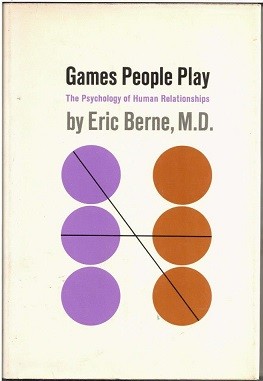
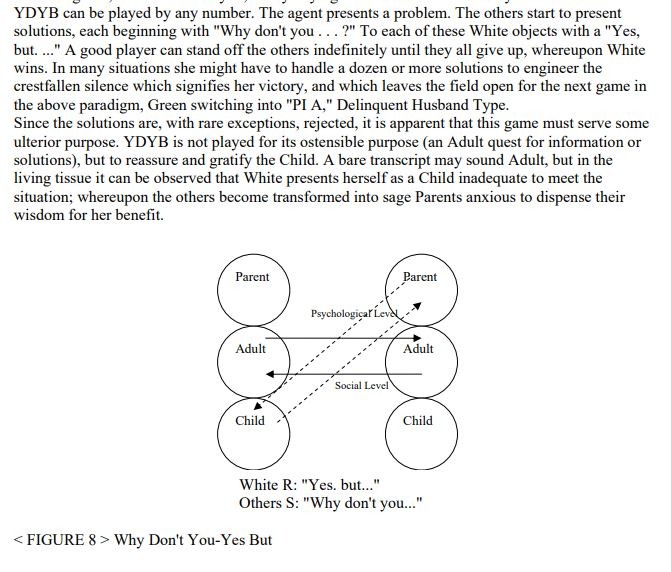

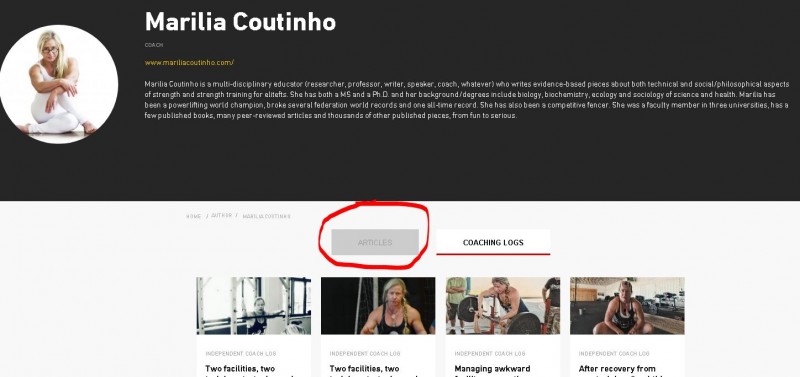
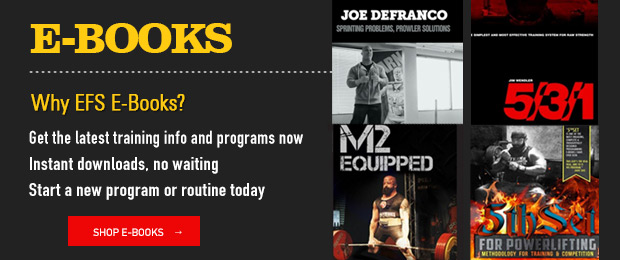
1 Comment